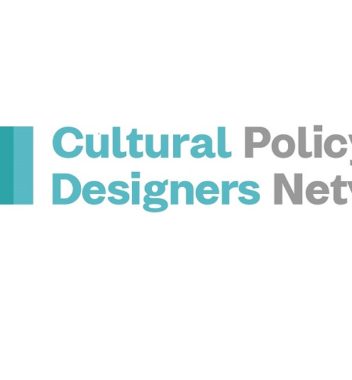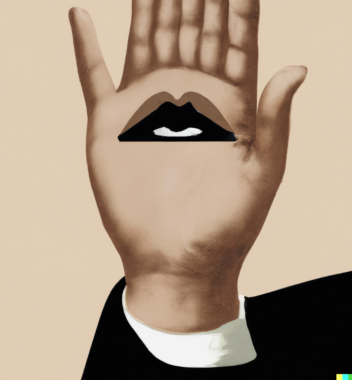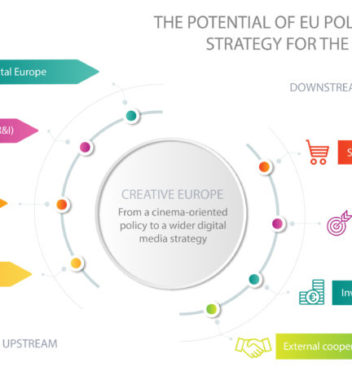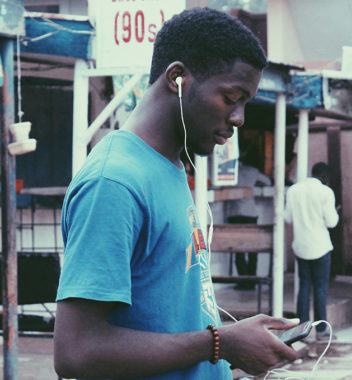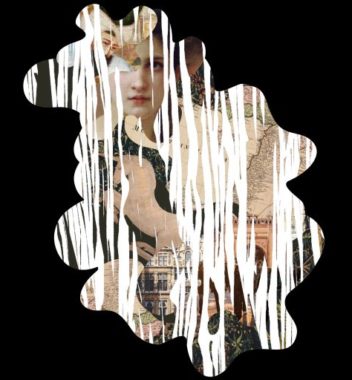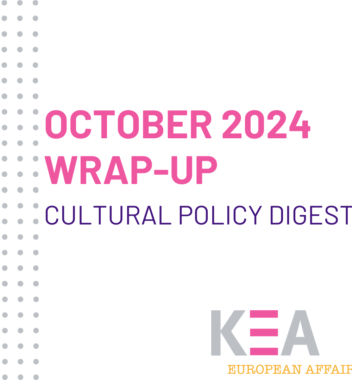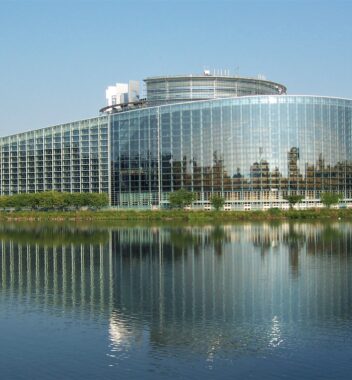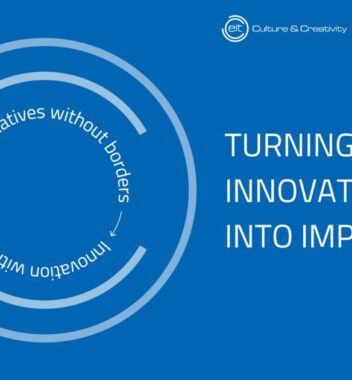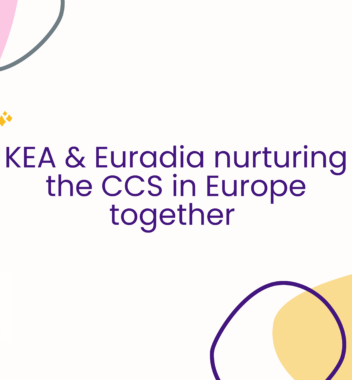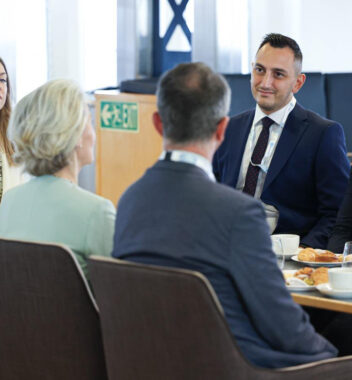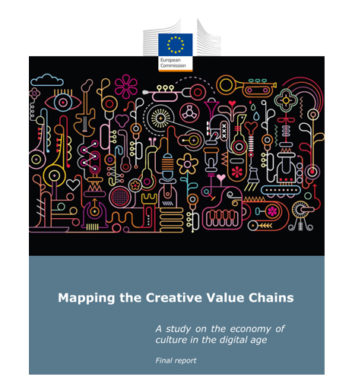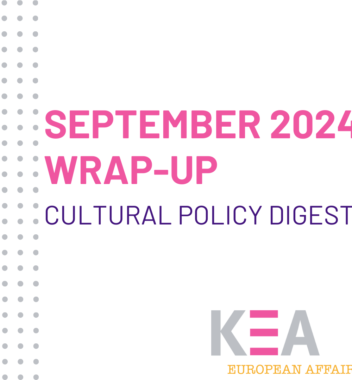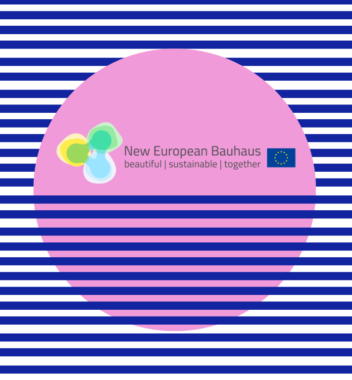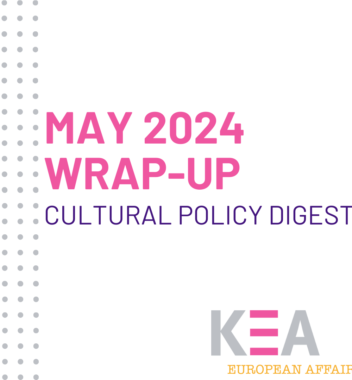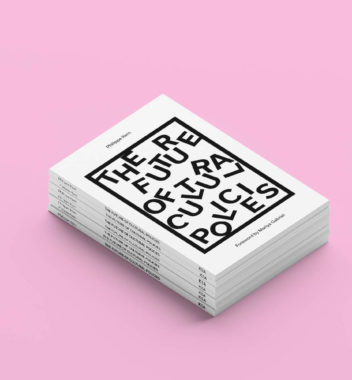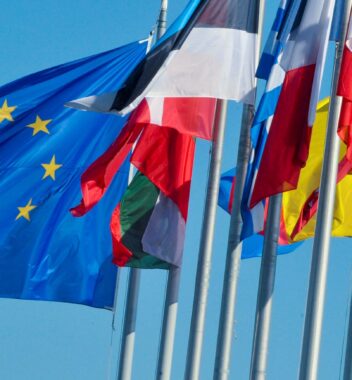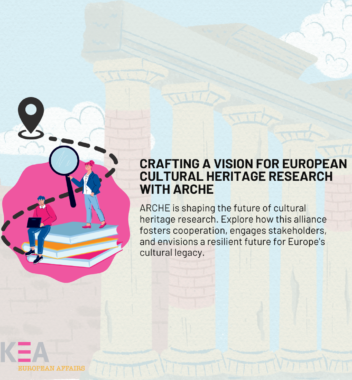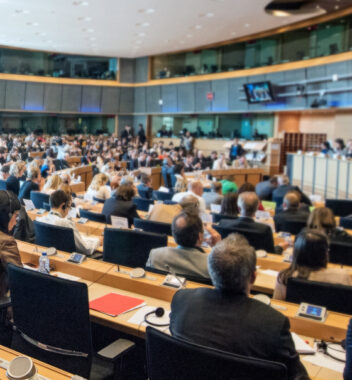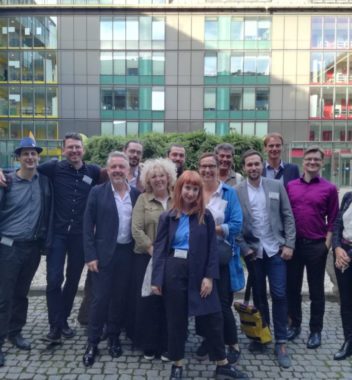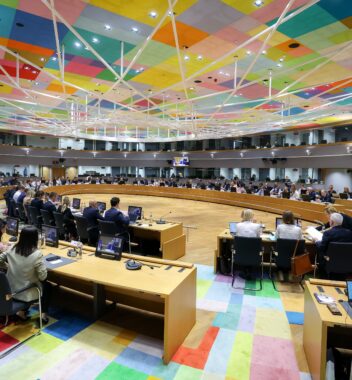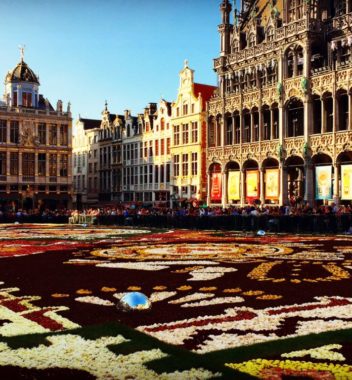
United in Diversity: the role of Culture in Ursula von der Leyen’s vision for the EU 2024-2029
On 18 July 2024, European Commission President Ursula von der Leyen, who successfully secured a second mandate, presented her Political Guidelines for the next European Commission (2024-2029). Von der Leyen was re-elected as President by an absolute majority, garnering 401 out of 720 votes from the Members of the European Parliament (MEPs): a majority that was bolstered by approximately thirty additional votes compared to her election in 2019.
In her political guidelines titled “EUROPE’S CHOICE,” Culture is brought to the forefront of the conversation, especially in relation to European identity, values, and heritage. As von der Leyen states,
“(…) we will focus on the things that make up our European way of life: our culture and history. I want to make it easier for people – especially younger generations – to benefit from our rich and diverse cultural heritage.” (pg. 20).
In addressing societal divisions and supporting young people, von der Leyen acknowledges the unease that has allowed extremists to exploit fears. To counter this, she emphasizes safeguarding minority rights and promoting respect for diversity. Here, again, von der Leyen emphasizes the essential role of culture in fostering unity among Europe’s diverse populations. She articulates this sentiment by reflecting on the recent European elections, where nearly 500 million citizens from various cultural and historical backgrounds came together to participate in the democratic process. Von der Leyen’s remarks underscore how this act of voting contributes to building a shared European identity, bound by a rich and varied cultural tapestry. She posits that this cultural diversity is Europe’s greatest strength, making the continent more than just a political construct or project, but a home that is “unique in design and united in diversity.”
The Political Guidelines are not an exhaustive work programme but aim to steer common work towards European strength and unity. In summary, it presents a vision of a Europe that leverages its cultural richness to foster unity and build a stronger, more cohesive Union. By investing in and supporting culture, the arts and creative sectors, the EU can harness the power of culture to strengthen its unity and resilience in the face of global challenges.
What happens next?
As the EU prepares for a new cycle of leadership, the process of appointing the next Commissioner is underway. Iliana Ivanova currently serves as Bulgaria’s Commissioner for Innovation, Research, Culture, Education, and Youth, having replaced Mariya Gabriel, who resigned in May 2023.
European capitals have until the end of August to submit their candidates for the upcoming Commission. President Ursula von der Leyen will begin interviewing these candidates in mid-August and will then start assembling her team. Simultaneously, preparations are being made for the new commissioners’ roles. Von der Leyen’s political guidelines, which outline her strategic vision for the next five years, will serve as the foundation for the mission letters sent to each commissioner detailing the expectations and objectives for their respective portfolios.
Nela Riehl (Greens/EFA, DE) elected Chair of the European Parliament’s CULT Committee
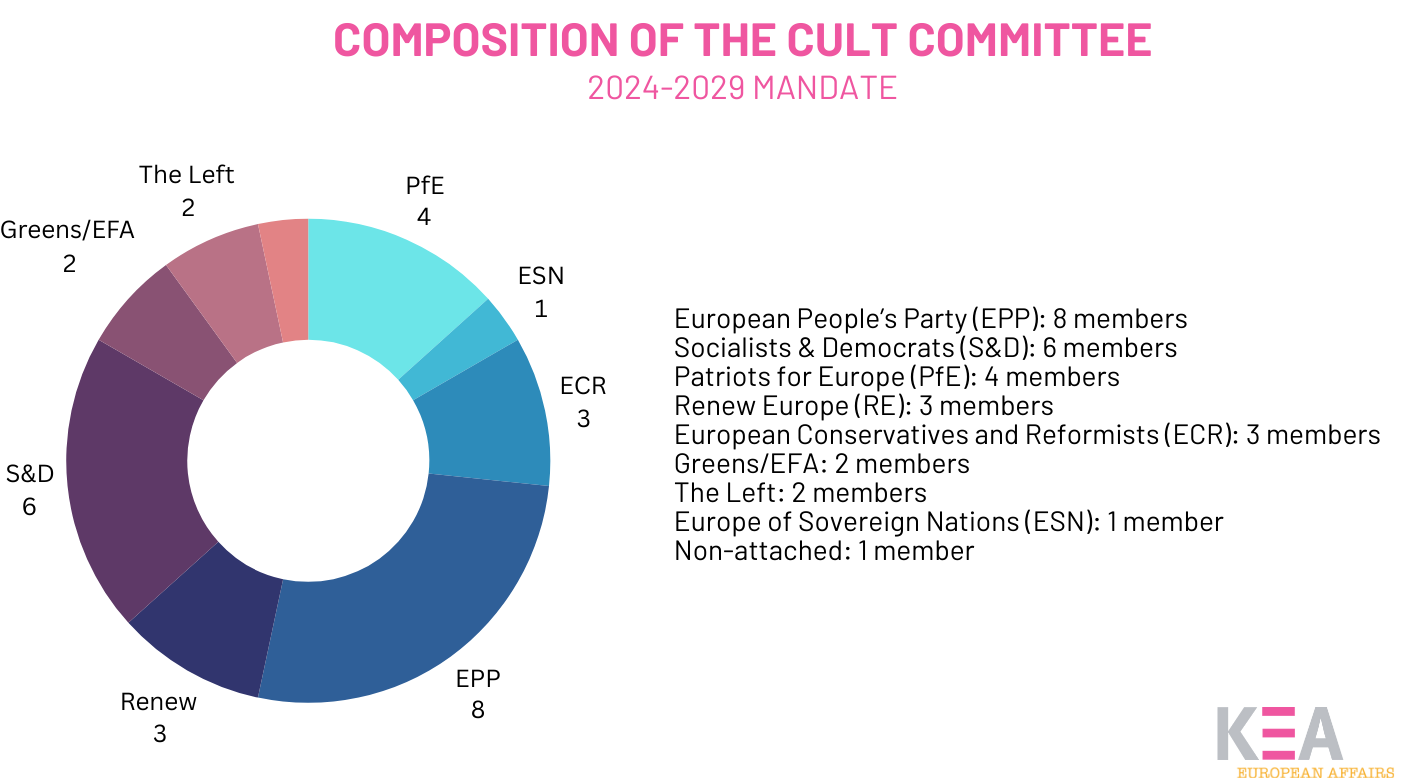
On 23 July 2024, Nela Riehl, a German MEP from the Greens/ European Free Alliance group, was elected Chair of the European Parliament’s Committee on Culture and Education (CULT). As Chair, Riehl will be responsible for guiding the committee’s work and representing it both within and outside the European Parliament. Her role will be instrumental in advancing key policy areas such as the Erasmus+ program, media freedom, and cultural funding mechanisms like Creative Europe. The first regular meeting of the new CULT Committee is set for 4 September 2024, access the list of elected members here.
Riehl’s appointment follows a period of intense negotiations and political manoeuvring. Despite challenges from a far-right political group seeking to secure the committee’s leadership, a pro-European coalition successfully ensured Riehl secured 18 votes. Her election received strong support from various European organizations and cultural advocacy groups, emphasizing the importance of maintaining leadership focused on values of inclusion, diversity, and cultural dialogue. With Riehl’s background in the Greens/EFA group, her tenure is anticipated to drive significant progress in policies that promote environmental sustainability, social justice, and cultural diversity.
The new bureau of the CULT Committee, elected alongside Riehl, includes:
– 1st Vice-Chair: Bogdan Zdrojewski (EPP, PL)
– 2nd Vice-Chair: Emma Rafowicz (S&D, FR)
– 3rd Vice-Chair: Diana Riba i Giner (Greens/EFA, ES)
– 4th Vice-Chair: Hristo Petrov (Renew, BG)
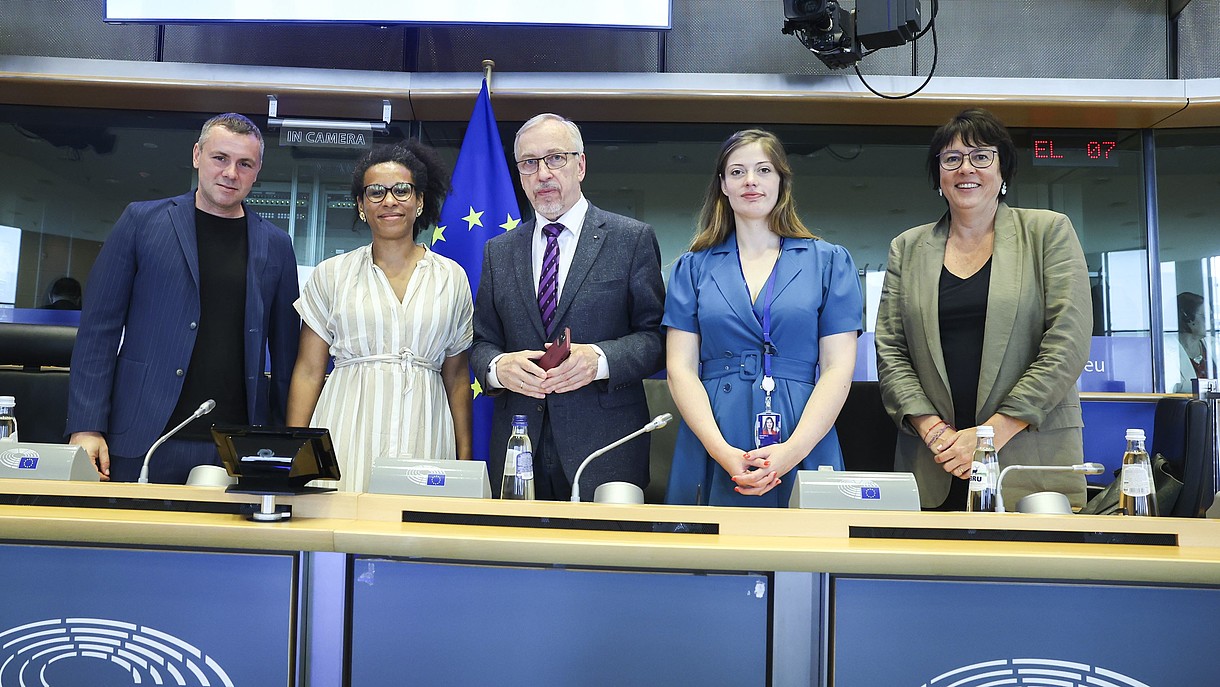
Sabine Verheyen (DE/EPP), former Chair of the Committee on Culture and Education (CULT), elected First Vice-President of the European Parliament.
On July 16th, Verheyen was selected as one of the 14 Vice-Presidents for the first half of the new legislative period. Verheyen’s political career in the European Parliament began with her election in 2009. Since then, she has been a dedicated member of the Committee on Culture and Education (CULT).
In her role as Chair of the CULT, Verheyen has overseen several key achievements, including advocating for the protection and promotion of Europe’s cultural heritage and supporting the creative industries. Her significant contributions include co-rapporteur work on the audiovisual media services directive alongside Petra Kammerevert in 2016, which aimed to introduce levies and cultural quotas on streaming services like Netflix, ensuring a more equitable and culturally diverse media landscape.
Looking ahead, as the First Vice-President of the European Parliament, Sabine Verheyen is expected to continue her unwavering support for the culture and creative sectors. We look forward to her continued advocacy and strategic vision in advancing the cultural and creative industries.
For a detailed overview of the achievements of the CULT Committee under Sabine Verheyen’s leadership, be sure to check out our June wrap-up.
Need a summer reading suggestion? Try Philippe Kern’s “Before the Storm”
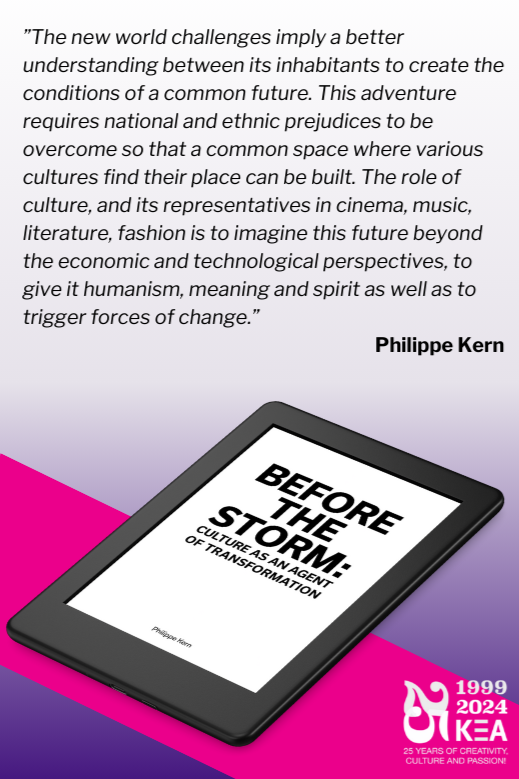 As summer unfolds, you might be looking for a thought-provoking read that aligns with the future of cultural policy-making and offers a fresh perspective on navigating contemporary challenges. Before the Storm explores how culture is a vital resource for building resilient communities and fostering sustainable development. Kern’s book presents a persuasive argument for integrating cultural considerations into our global response to challenges like climate change and the impacts of the COVID-19 pandemic. He illustrates how culture serves both as a mirror to our societal state and a catalyst for necessary change.
As summer unfolds, you might be looking for a thought-provoking read that aligns with the future of cultural policy-making and offers a fresh perspective on navigating contemporary challenges. Before the Storm explores how culture is a vital resource for building resilient communities and fostering sustainable development. Kern’s book presents a persuasive argument for integrating cultural considerations into our global response to challenges like climate change and the impacts of the COVID-19 pandemic. He illustrates how culture serves both as a mirror to our societal state and a catalyst for necessary change.
Celebrating the 25th anniversary of KEA European Affairs, Kern’s publication also reflects on the organization’s enduring commitment to advancing cultural agendas across Europe. This book invites readers to engage in introspection and find inspiration, emphasizing the power of culture to drive renewal and regeneration in these turbulent times.
Find out how to get your book here.
